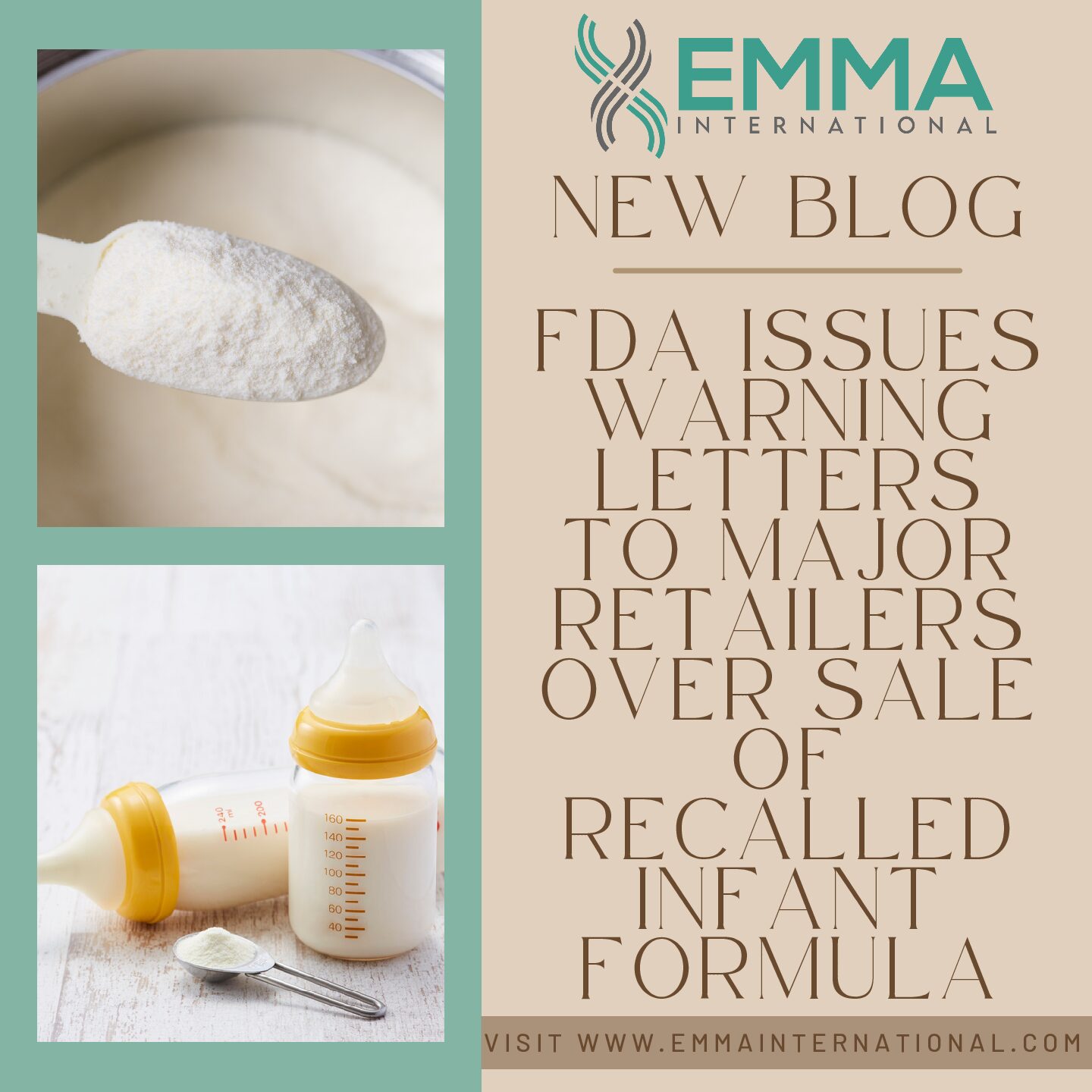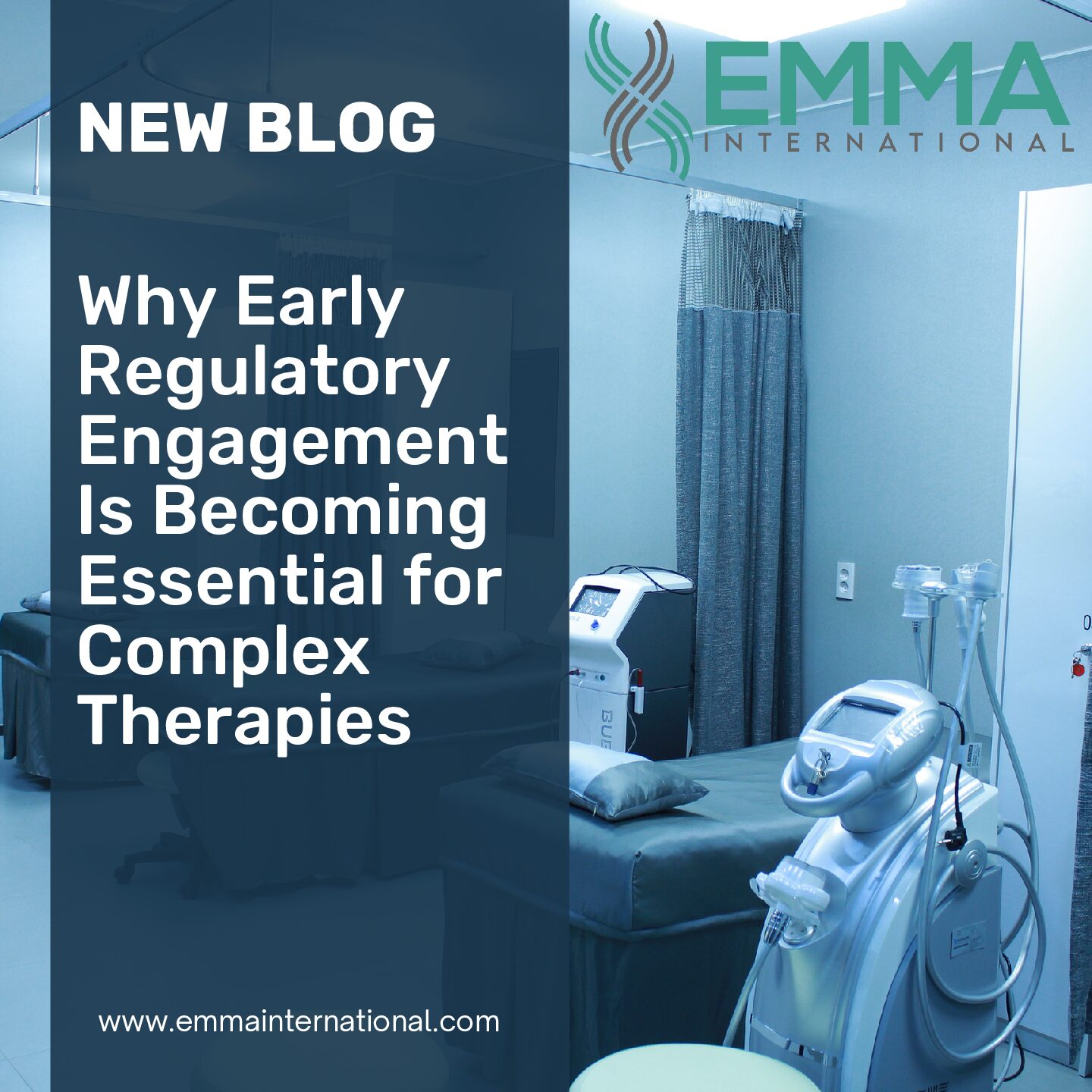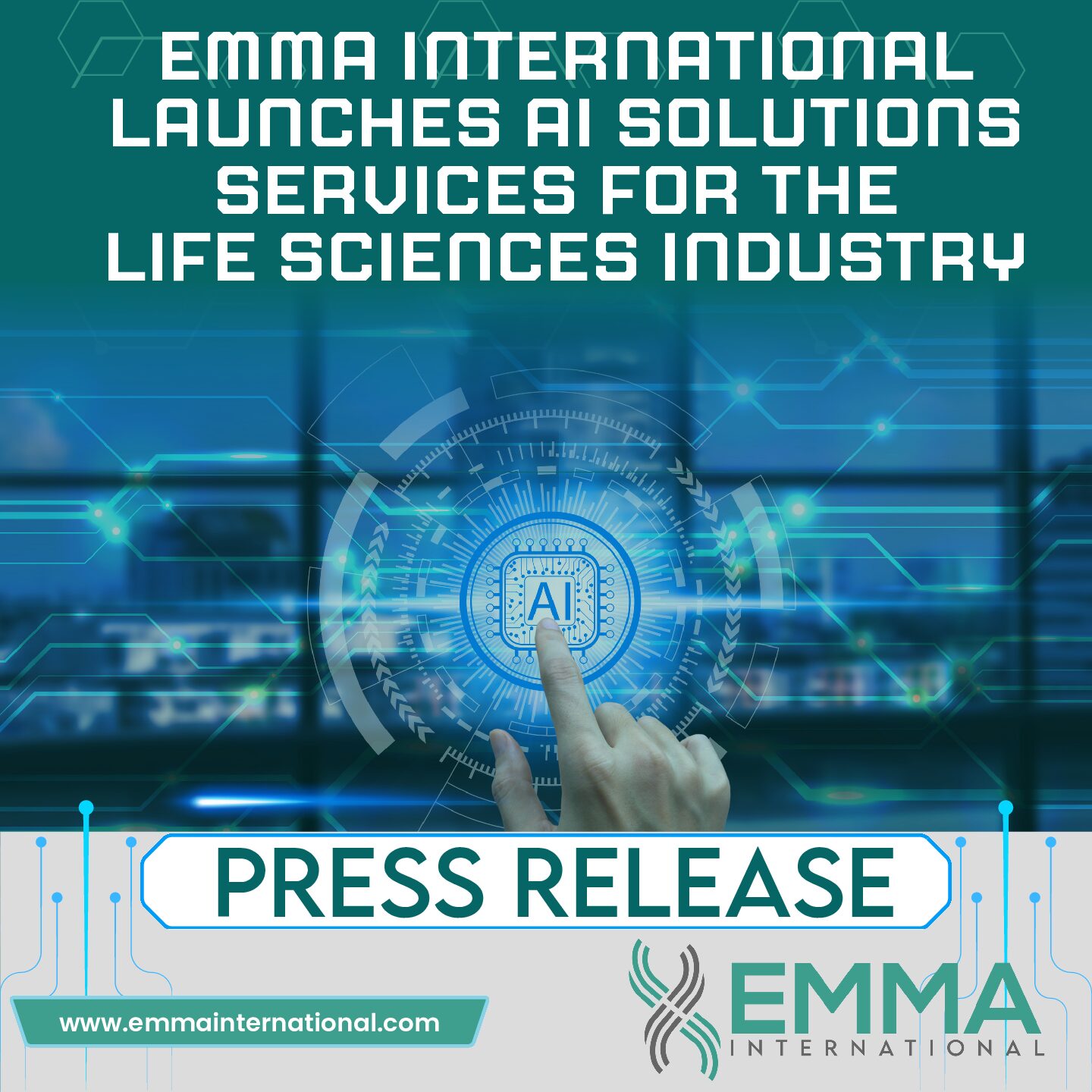Pharmaceutical compounding plays a critical role in providing customized treatments, particularly in cases where commercially available drugs may not meet specific patient needs. Under the 503B section of the FD&C Act, compounding can also be done in outsourcing facilities, which are held to higher standards than traditional pharmacies and can produce medications in bulk for hospitals, clinics, or healthcare providers without individual prescriptions. However, there are strict rules regarding which drugs can be compounded in these facilities. To ensure compliance and patient safety, it’s essential to know how to determine whether a drug can legally be compounded in a 503B outsourcing facility.
What is 503B Compounding?
The 503B outsourcing designation refers to facilities that are registered with the FDA to compound drugs for larger batches of medications without a prescription for each patient, allowing for wider distribution to hospitals, clinics, and physicians.
These facilities are required to comply with current Good Manufacturing Practices (cGMP) and are subject to regular FDA inspections to ensure the safety, sterility, and quality of compounded medications. However, not all drugs can be compounded by 503B facilities, and they must follow FDA guidelines carefully.
Key Considerations for 503B Compounding
To determine whether a drug can be compounded by a 503B outsourcing facility, there are several critical factors to consider:
1. The Drug Must Be on the FDA’s List of Bulk Drug Substances
The FDA maintains a specific list of bulk drug substances that are permitted for compounding by 503B facilities. These substances must meet certain criteria to be eligible, such as:
- They are not currently available as an FDA-approved, commercially marketed drug in the same dosage form and strength.
- The drug must address a clinical need that cannot be met by approved medications.
Before compounding any drug, 503B facilities must confirm that the active pharmaceutical ingredient (API) appears on this 503B bulks list. If the drug substance is not on the list, it cannot be legally compounded.
2. The Drug Must Not Appear on the FDA’s List of Prohibited Substances
The FDA also maintains a list of substances that are not allowed to be compounded due to safety, efficacy, or abuse concerns. Drugs on this list include those that have been withdrawn from the market or restricted due to serious health risks. Examples may include:
- Certain weight loss drugs that have been linked to severe cardiovascular risks.
- Drugs with a high potential for abuse or toxicity.
503B facilities must ensure that the drugs they are compounding are not included in this restricted list, which the FDA regularly updates.
3. There Must Be a Clinical Need for Compounding
A key criterion for compounding under 503B is that there must be a documented clinical need that cannot be met by an FDA-approved, commercially available product. This means that if a drug is available on the market in the required dosage form and strength, it cannot be compounded unless there is a legitimate medical reason. This could include:
- Patients with allergies or sensitivities to inactive ingredients in the approved formulation.
- A specific dosage form or strength that is not available commercially.
In addition, 503B outsourcing facilities must also ensure that the compounded drug offers a clinical advantage over an existing product.
4. Compliance with Current Good Manufacturing Practices (cGMP)
All 503B facilities must follow strict current Good Manufacturing Practices (cGMP) when compounding drugs. This includes ensuring the sterility and quality of the products they produce. Facilities are subject to regular inspections by the FDA to ensure compliance with these manufacturing standards, which are more stringent than the regulations for traditional compounding pharmacies.
This is particularly important for sterile compounding, where any contamination could pose serious risks to patient health. The FDA expects 503B facilities to follow rigorous testing and validation procedures for compounded medications.
5. Labeling and Reporting Requirements
Outsourcing facilities operating under 503B must also comply with specific labeling and reporting requirements. These include:
- Providing clear labeling that specifies the drug was compounded, not FDA-approved, and identifies the outsourcing facility.
- Reporting all drugs compounded and distributed to the FDA every six months.
- Adhering to proper record-keeping to track the quality and safety of the compounded drugs.
These labeling and reporting rules help maintain transparency and accountability, ensuring that healthcare providers understand the origins of the compounded drugs they are using.
Determining whether a drug can be compounded in a 503B outsourcing facility depends on its inclusion in the FDA’s list of allowable bulk substances, the absence of safety or regulatory restrictions, and the documented clinical need for the compounded product. Facilities must adhere to strict cGMP standards, maintain transparent reporting, and follow all labeling requirements to ensure patient safety. For healthcare providers and 503B outsourcing facilities, understanding these regulations is essential to providing safe, effective compounded medications that meet the unique needs of patients.
If you need help navigating the complex regulations around 503B compounding or want to ensure compliance with FDA requirements, EMMA International can provide expert guidance and support. Give us a call at 248-987-4497 or email info@emmainternational.com to learn more.
FDA (Sep 2024) Bulk Drug Substances Used in Compounding Under Section 503B of the FD&C Act retrieved from: https://www.fda.gov/drugs/human-drug-compounding/bulk-drug-substances-used-compounding-under-section-503b-fdc-act





